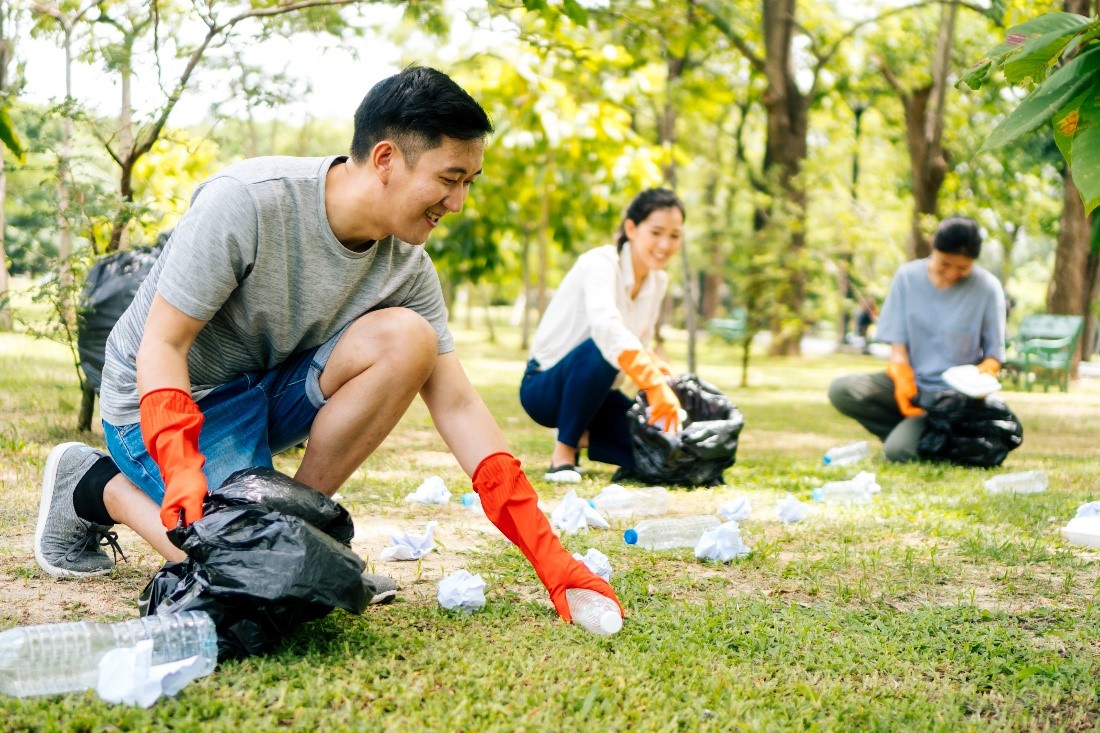Organizing a neighbourhood clean-up is an amazing way to give back to the community and create a clean environment for you and your loved ones. It’s indeed a win-win situation. Although it sounds simple, a community clean-up requires planning if it’s going to yield the expected results. Here’s how you can put together a successful community clean-up.
Select The Most Suitable Project For Your Community
It would be best to focus on fixing existing problems in your community. That way, you will inspire people to join the project. Different types of community clean-up projects include the following;
- Beach clean-ups
- Flower planting
- Collecting trash and litter
- Beautification projects
- River clean-ups
Try to find out which projects are already being fixed by local efforts so that you can pick a project that requires attention. Whether your community rivers are flooded with garbage or your local park needs new plants, always remember that some projects might require you to get permission from the city council. Waste disposal centres Sidney are known for the best options for disposing of unwanted materials.
Make A Specific Plan For The Event
After carefully selecting the kind of clean-up your city requires, proceed to make a detailed plan for the event. Your plan should include the following:
- Date of event
- Meeting location (should have access to restrooms)
- How many volunteers are needed and how to recruit them
- Work to be completed
- Requisite supplies for the clean-up
- List of permits needed
- Step by step schedule for the day of the clean-up
- Post-clean-up steps
Having a to-do list will help you remember everything that needs to be done so that the event is a success. Volunteers will also take you seriously if they realize how organized your initiative is.
Choose A Dedicated Leader For The Team
A dedicated, enthusiastic, and energetic leader and coordinator is a requisite for every project to be fun and engaging. It would be a bonus if the leader had some experience in event planning because they would be better equipped to handle the task. It’s also necessary for the leader to have a team committee helping them with the planning process. If you have these qualities, it’s okay to take on the role.
Recruit Volunteers Ahead Of Time
A community clean-up event’s success relies heavily on volunteers because you can’t do it alone. Therefore, it’s wiser to start recruiting volunteers a month before the event to ensure you have enough support.
You can reach a wide audience by using some of the following methods:
- Telling community members, neighbours, friends, churches, and local businesses about your event
- Promoting your event on social media platforms
- Promoting the event in newsletters
- Distributing fliers highlighting the details of the clean-up
- Adding the event available online community event calendars
Accountability is important when recruiting, so it’s best to ask the volunteers to sign attendance slips. This also helps you track who is attending and how much more recruitment is necessary. It might also be wise to recruit more people than you need because some people might still not show up despite signing attendance slips.
Also, you should send a reminder to volunteers who confirmed their attendance a few days before the event. People tend to forget sometimes, and a simple reminder will go a long way.
Ask For Donations
People are always keen to help out where their well-being is concerned. Other than going through the headache of budgeting for the event, you can take a more economical approach. Try to list down the supplies, tools, and finances required for the clean-up and ask local businesses to donate or fund your event.
You can also ask your volunteers to bring items from home or the city government to fund the event. It’s important to reach out ahead of time so you can collect everything you need for the event’s success by the time you get to the day of the clean-up.
The following are some of the supplies you might need for your event:
- Rakes
- Shovels
- Gloves
- Trash bags
- Gardening materials (plants or mulch)
- Paint
- Paintbrushes
- Wheelbarrows
More often than not, communities are more than happy to donate these items and even more.
Delegate Tasks
Volunteers might lose their enthusiasm if they don’t know what role they’re supposed to play in the clean-up. On the clean-up day, you might get work faster if you divide volunteers into groups and assign specific projects for each group. The following are some of the group tasks you can assign:
- Cleaning of specific streets or blocks
- Planting
- Delivering snacks and water to volunteers
- Painting
Teamwork certainly makes the dream work. When people work in teams, they might even enjoy themselves.
Conclusion
Planning the perfect community clean-up is possible. All you have to do is plan well ahead of time to ensure everything is in place by the day of the event. Remember, it doesn’t have to cost you an arm and a leg as you can get funding.



